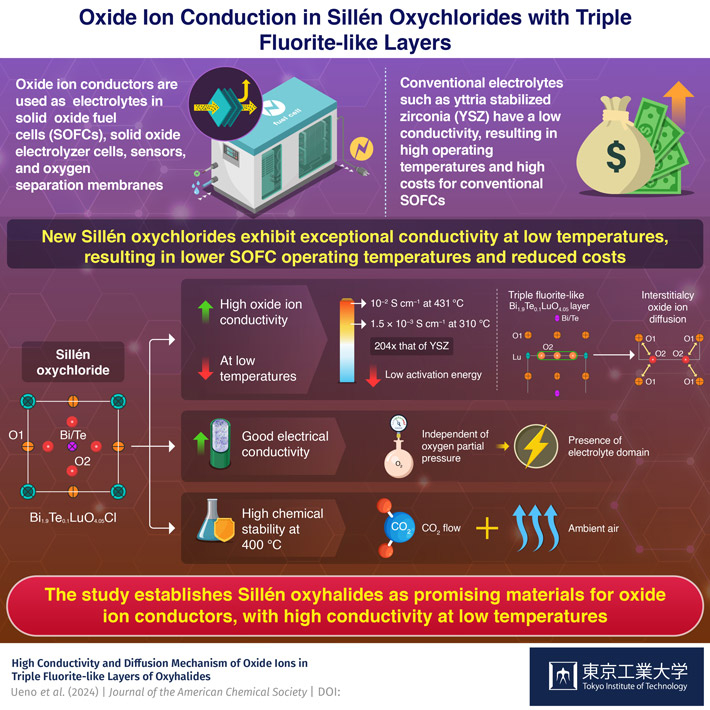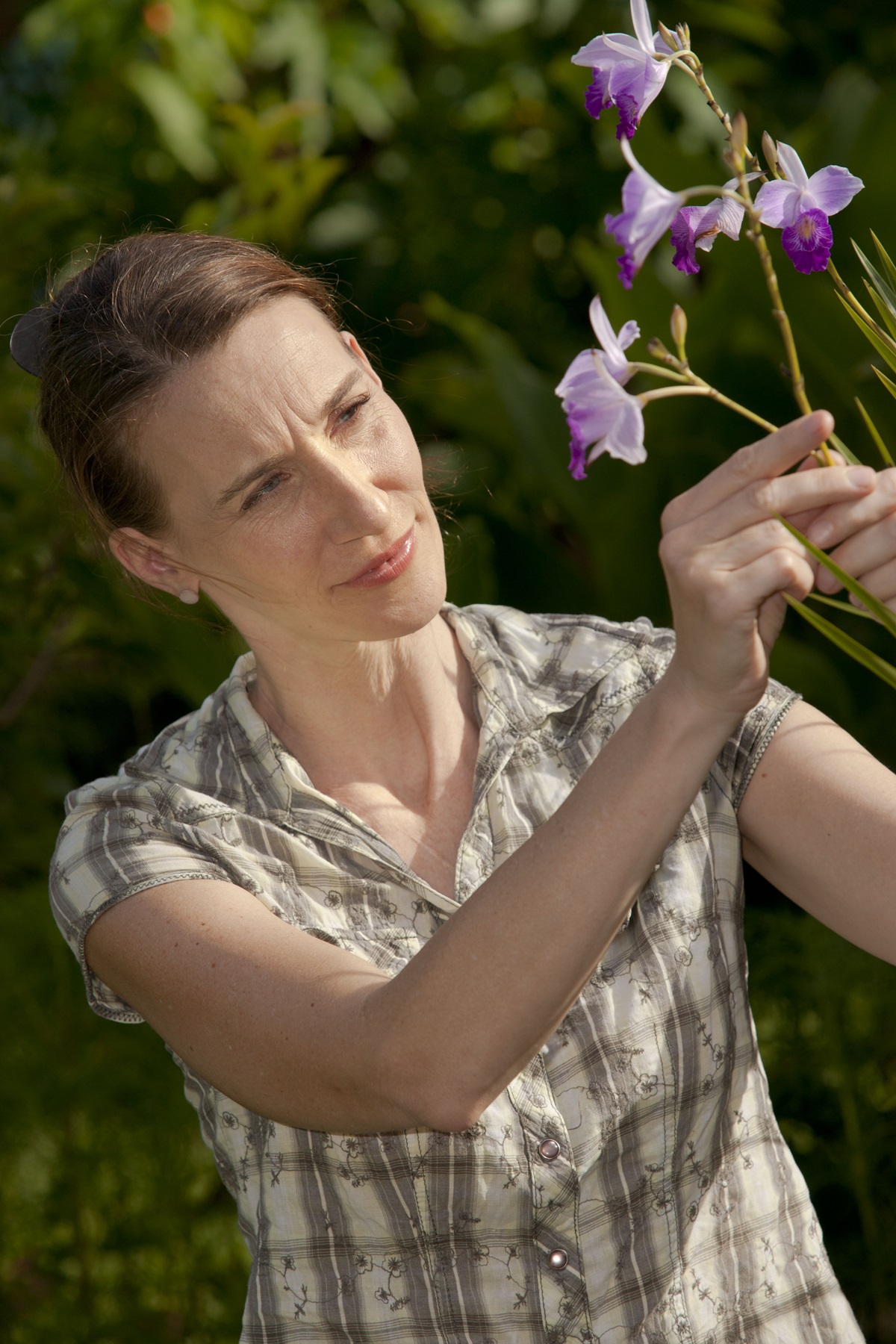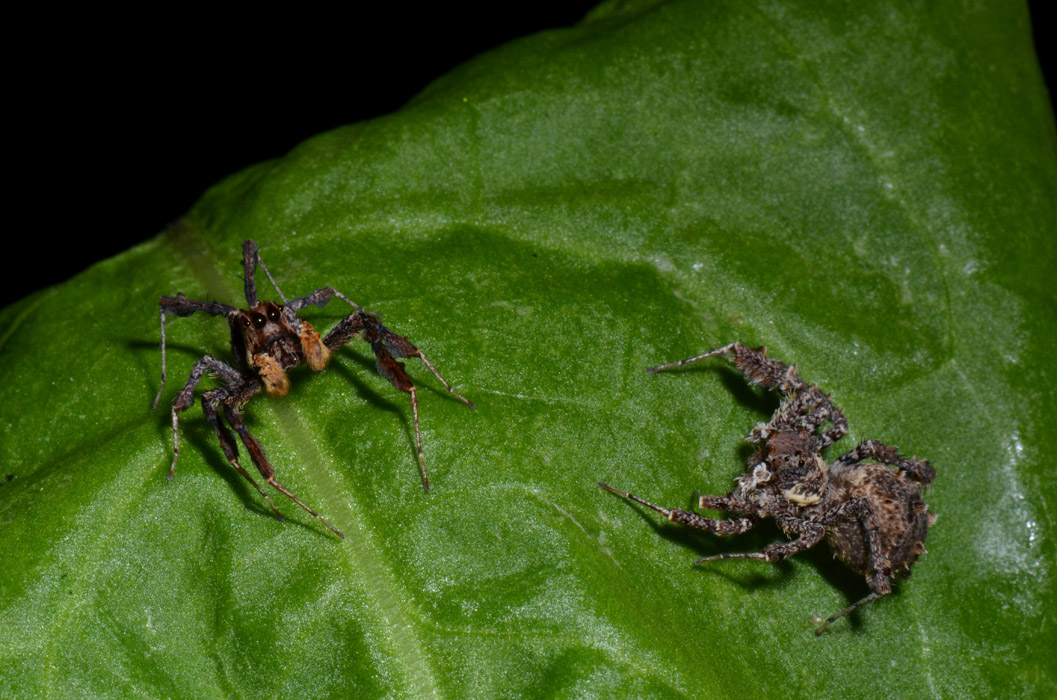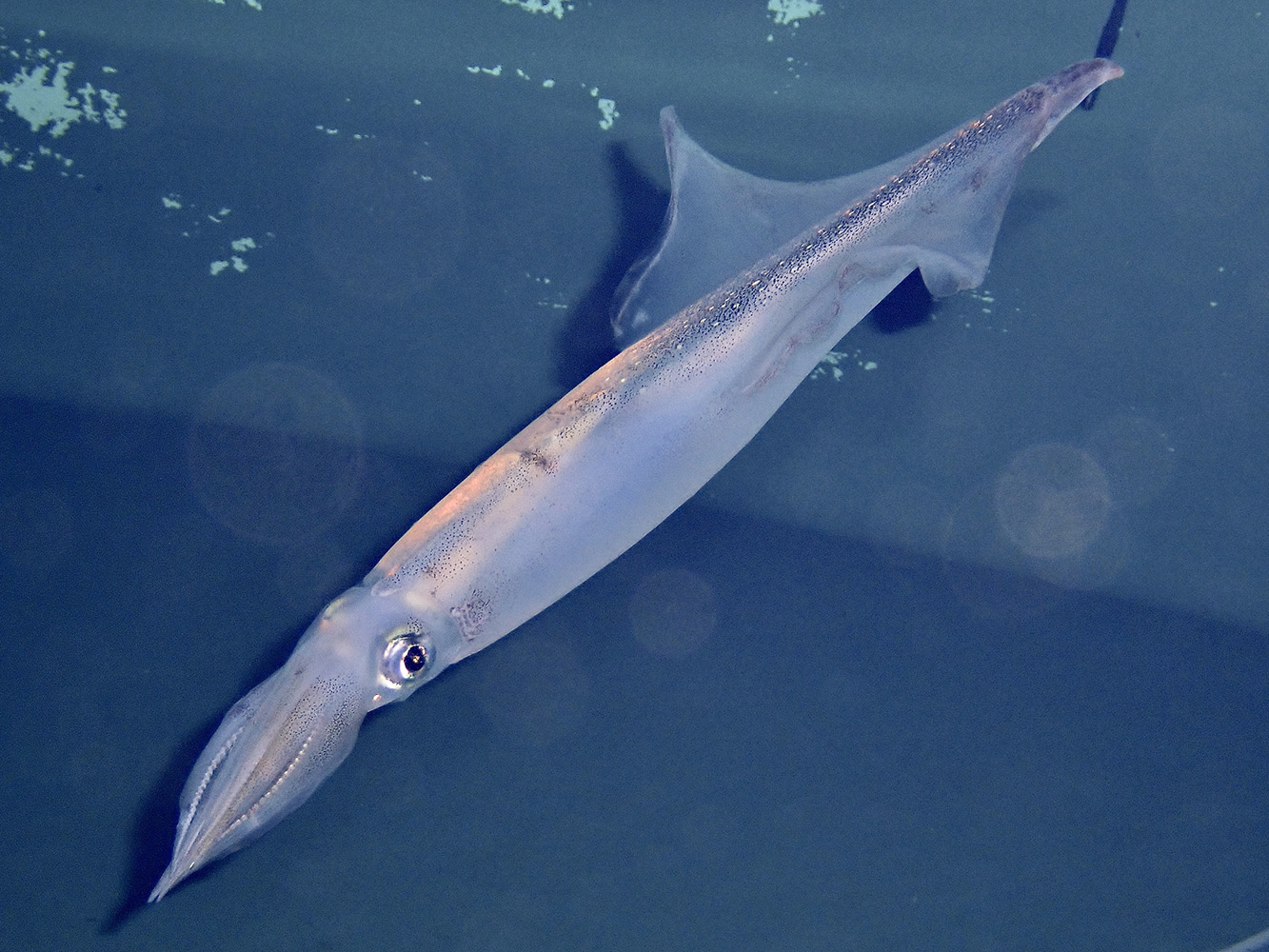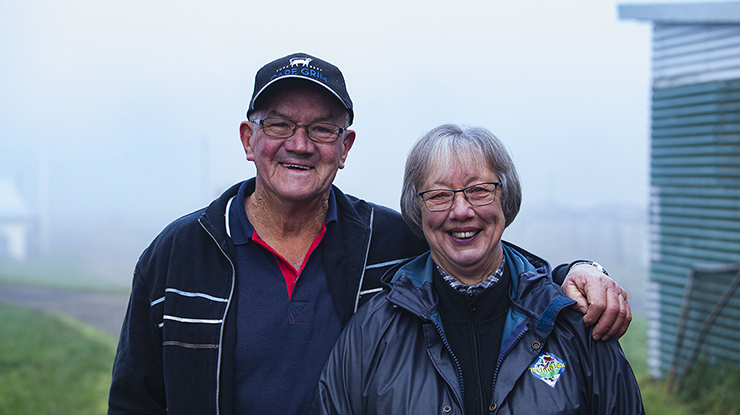 Bruce and Evelyn, ‘Brookside’, Judbury
Bruce and Evelyn, ‘Brookside’, Judbury
Sourcing young trade steers with a good temperament from renowned breeders provides a solid basis for Tasmanian beef producers, Bruce and Evelyn Bond, to achieve high rates of compliance to Meat Standards Australia (MSA).
Based in the Huon Valley, Bruce and Evelyn, of ‘Brookside’, Judbury, buy in young British breed cattle between 350kg to 400kg, and aim to turn them off between 650kg to 700kg for MSA grading at Greenham at Smithton.
Achieving outstanding rates of compliance to MSA requirements throughout 2017-19, has seen the Bonds awarded the 2019 MSA Excellence in Eating Quality Most Outstanding Beef Producer Award for Tasmania for Band 2 producers.
The Bonds achieved 97.3% MSA compliance and an average MSA Index of 63.22.
They turn off approximately 40 to 50 head annually for the MSA program, and are part of the Greenham NEVER EVER Beef Program. The program only sources cattle that are MSA certified, 100% grassfed, and that have never been treated with antibiotics or hormone growth promotants (HGPs), and are free from Genetically Modified Organisms.
“We usually try to buy out of Powranna saleyards from other producers involved in the NEVER EVER program. The cattle must be structurally correct and have a good temperament,” Bruce said.
The 160 acre property ‘Brookside’ is comprised of 24 paddocks for strip and rotational grazing, with the cattle raised on grass and hay and silage produced on-farm.
The area has an average annual rainfall of 818 mm.
“Our pastures are sown down to a mix of Huon hay, which contains four different varieties of ryegrass, and white and red clover,” Bruce said.
“We do a lot of fertilising following on from soil testing and try to look after the soil and pasture base. Our soil types include a clay bottom, loams on the flats and red clay soils towards lower part of property.
“We start feeding them on silage as soon as the growth in the paddocks slows down.”
Low-stress stock handling is another important element in reducing pH and achieving MSA compliance.
“Most days I spend time with the cattle, so they’re used to me,” Bruce said.
“We run them in three mobs, and have no trouble with dark cutters or bruising because they are used to each other and don’t fight.
“We keep the cattle with their mates all the way to Greenham’s. It’s six hours from here to Greenham at Smithton, so having a good transport company and truck driver who respects the need to keep the mobs together and not mix them with other cattle also helps to stop them being stressed,” Evelyn said.
Looking at MSA feedback, the Bonds target an MSA Index of 62+, and usually meet that target or exceed it, with a recent consignment including some cattle achieving an MSA Index of 64.
The MSA Index is a number between 30 and 80, and is a weighted average of the predicted MSA eating quality scores of 39 MSA cuts in a carcase. It is a standard national measure of the predicted eating quality and potential merit of a carcase.
For the Bonds, the keys to achieving MSA compliance are straightforward.
“We try to maximise our returns by only sourcing quiet, well-bred cattle, and feeding them to the best of our ability,” Evelyn said.
“We study our MSA grading results to ensure we are going everything correctly.”

